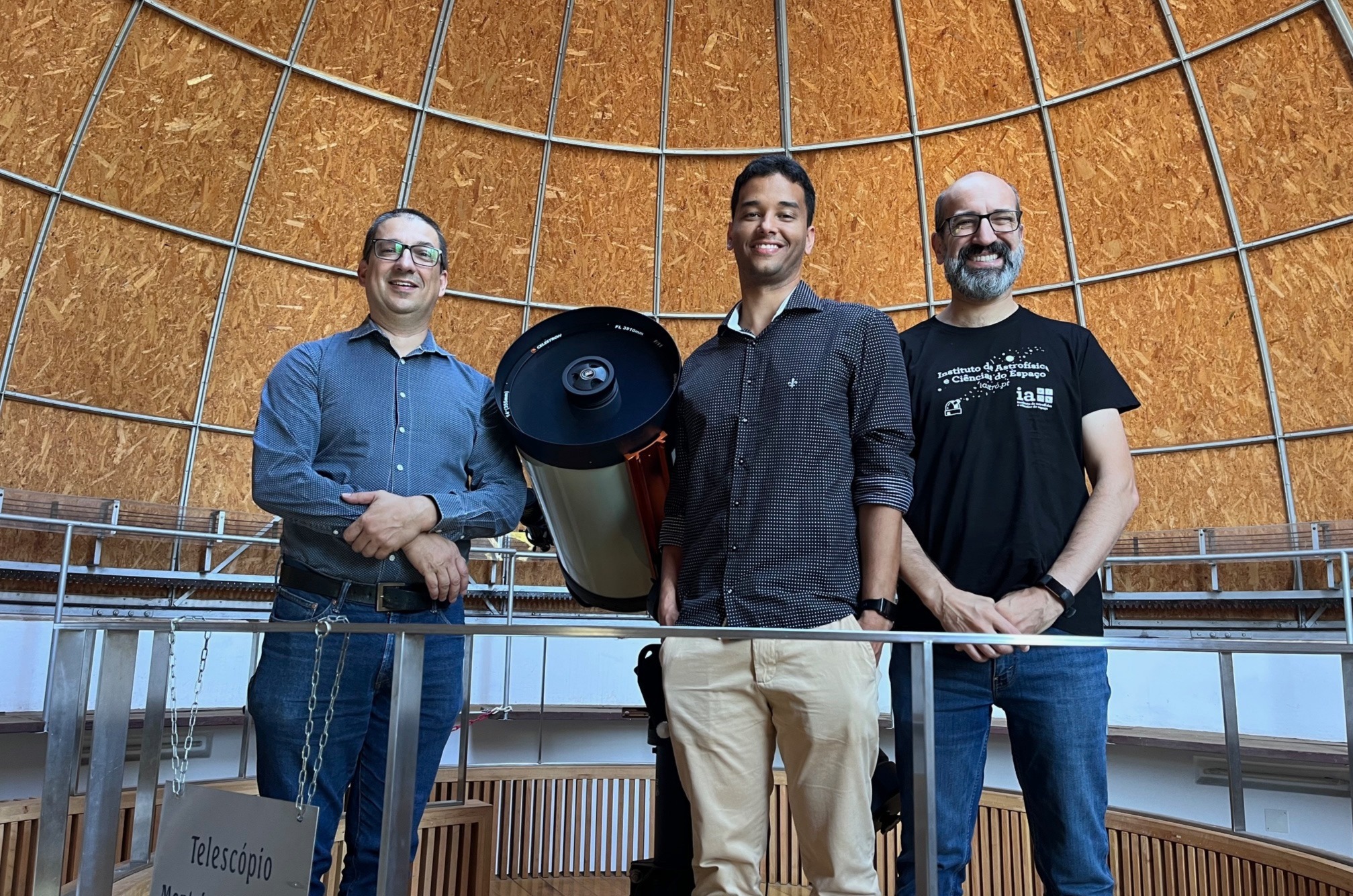A team of researchers from the Faculty of Science and Technology of the University of Coimbra (FCCTUC) is developing low-cost equipment to detect space debris, the foundation revealed yesterday.
The project “Space debris algorithms in satellite constellation images for debris characterization and orbital identification”, by Physics Engineering PhD student at the Department of Physics (DF) at FCTUC Joel Filho, has received a grant from the European Space Agency (ESA) worth €90,000.
“We are developing a method to identify and characterize space debris in images, based on “open source” (open source) detection algorithms and determine their orbits for use on board satellites, taking advantage of the images they use to determine their orientation in space,” Joel Filho said in a statement, citing Space.com. “Images cannot be stored, but information about space debris will be extracted from them before they are erased.” According to the University of California, the increasing concentration of space debris poses an increasing risk to space activities.
It is currently known that there are about 35,000 objects with a diameter of more than 10 centimeters orbiting the Earth, and the orbits of only about 90% of them are known. There are also about a million objects with sizes between one and one. 10 cm, almost all of which will be indexed.
It is also estimated that there are about 130 million objects, between one millimeter and one centimeter in size, that need to be tracked.
“It is precisely for these reasons that the study of space debris today, increasingly, has become a priority area of space science, and the FCTUC is also involved in this,” said researcher from the DF and the Institute of Astrophysics and Space Sciences (A) Nuno Bicinho, explaining that “ground-based radars and optical telescopes Current ones, used to detect and track space debris, are limited by their sensitivity, which implies low limits on the size of the debris, providing an index with a very small amount of the total.”
The research is being developed under the supervision of Nuno Peixinho and Paolo Gordo, from Synopsis Planet and CENTRA, and Rui Melicio, from the University of Évora.
Joel Filho will carry out a phase of his thesis project at ESA’s European Space Operations Center (ESOC), in Darmstadt, Germany, and will be able to work directly with the Director of ESA’s Space Debris Office, Tim Flohrer.

“Coffee trailblazer. Social media ninja. Unapologetic web guru. Friendly music fan. Alcohol fanatic.”

